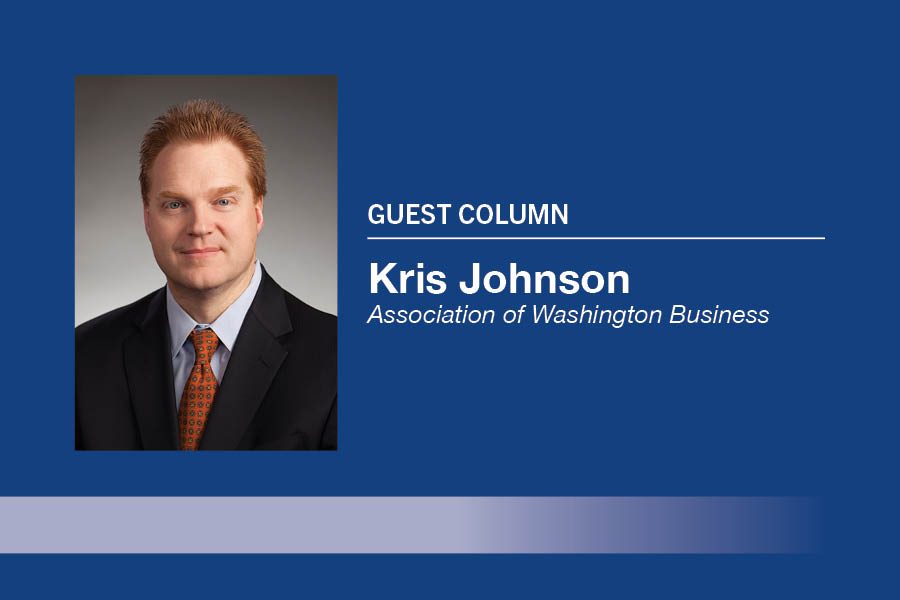
Home » It’s time to push ‘pause’ on state spending
It’s time to push ‘pause’ on state spending

December 13, 2024
It wasn’t long ago that Washington state lawmakers were awash in a multibillion-dollar budget surplus thanks to a surprisingly strong rebound from the pandemic lock-down and a flood of federal relief dollars.
At the time, employers were pleading with lawmakers to make smart decisions about what to do with the excess, i.e. put away some of the money in the rainy-day fund, don’t use one-time funds to pay for ongoing obligations, and don’t raise taxes at a time when the state is flush with resources.
The Association of Washington Business even joined with chamber of commerce partners around the state in an advertising campaign urging lawmakers not to raise taxes on employers with so much new revenue coming into the state’s coffers.
We were concerned not only about hurting businesses that were still struggling to recover from the pandemic, but also about setting up a scenario where lawmakers would spend through all the one-time funds, find themselves needing to plug a budget hole and then being tempted to raise even more taxes.
In other words, we were concerned that we might land in exactly the spot where we have landed today.
Lawmakers chose to increase spending by 16% in the 2023-25 biennium at a time when revenue was expected to increase by 3%. And now they are going into the 2025 legislative session with an anticipated $5.1 billion-plus shortfall in the next two-year state budget, and as much as $10 billion to $12 billion over the four-year outlook.
In November, outgoing Gov. Jay Inslee called on state agency leaders to look for budget cuts to close the gap, but it’s clear that lawmakers will also be looking at tax increases to solve at least part of their problem.
We’re expecting lawmakers to propose an array of potential tax increases including a new payroll tax that would, if approved, amount to by far the biggest state tax increase in Washington history.
Regardless of whatever mix of reductions and new revenue lawmakers ultimately arrive at to solve the problem, make no mistake: this is a problem that could have been avoided. Unlike previous budget crises, which could be attributed to an unexpected downturn in the economy, this crisis is primarily the result of overspending, not a drop in revenue.
“Now that bill is coming due,” the Washington Research Council noted in a recent policy brief.
Faced with the possibility of ever-increasing tax bills, it’s fair for taxpayers to ask what they’re getting in return. Are we getting the results that lawmakers intended?
It’s also fair to ask when the spending will end. Unfortunately, there is no limit to the ways that lawmakers could spend taxpayers’ money. Knowing this, it’s appropriate to ask where to draw the line on new spending.
Washington is already a high-cost state for employers, even without any additional taxes. And we’re at risk of falling further behind other states in regions in key competitiveness measures.
It’s time to push pause on spending while lawmakers get the state’s financial house in order.
Kris Johnson is president of the Association of Washington Business, the state’s chamber of commerce and manufacturers association.
Latest News Opinion
KEYWORDS December 2024
Related Articles
Related Products





